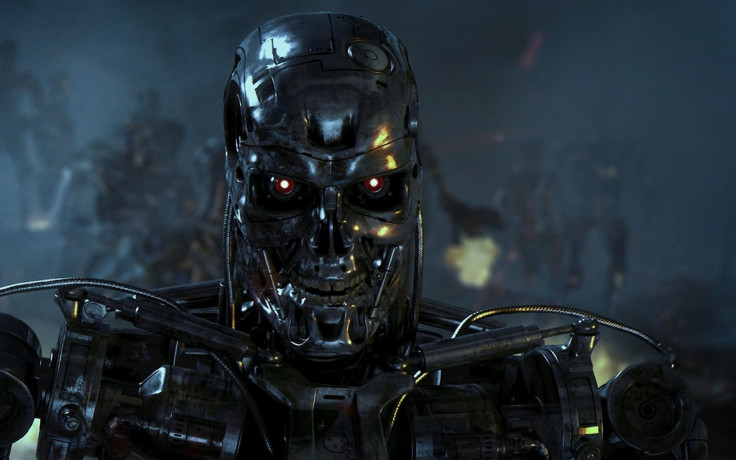'Killer robots' are here to stay for now as UN ban looks a distant prospect
The head of UN body on autonomous weapons says "robots are not taking over the world".

The United Nations' Convention on Conventional Weapons (CCW) does not seem to be in too much of a hurry to ban or even introduce regulations on "killer robots"– weapons that can identify and destroy targets without human intervention.
Amandeep Gill, India's disarmament ambassador and chair of the meeting, tried to steer away from the hype, notes a Guardian report. "Ladies and gentlemen, I have news for you: the robots are not taking over the world. Humans are still in charge," he declared, "I think we have to be careful in not emotionalising or dramatising this issue," in response to queries on why the UN was moving at such a slow pace.
Gill said that banning, or even framing rules for managing such weapons might look a distant prospect as of now, but stated that he is, "very happy with the start we made".
While the ban as hoped for did not actually happen, the CCW was able to create the groundwork for talks that will go on for two weeks in 2018.
However, there were two points of agreement from most nations: one, that there needs to be a "legally binding instrument" controlling the use, development and creation of such tech; and two, "states now accept that some form of human control must be maintained over weapons systems". The next step will be to decide "what effective human control means in practice".
During the meeting, apart from several advocacy groups that wanted a ban, 22 nations also called for an outright ban on the development and creation of such fully autonomous weapons - ones that have been programmed with the ability to make kill decisions. The 22 nations were ones that were described as having small military budgets and lesser technical expertise.
Underlining the need for banning killer robots, Toby Walsh, an expert on AI at the University of New South Wales in Australia, said: "These will be weapons of mass destruction," adding, "I am actually quite confident that we will ban these weapons ... My only concern is whether [countries] have the courage of conviction to do it now, or whether we will have to wait for people to die first."
Outside of the UN, countries by themselves are making their own moves to stop autonomous weapons from getting out of hand. Earlier this year, it was reported that the UK was bringing a ban on fully automated weapons.
Countries like Russia, however, do not seem to be too keen on slowing down their production of AI-powered weapons. This year alone, they have showcased drones, light tanks, guns, robots, and even cruise missiles that are AI-powered and can think, steer, search for, and destroy targets.
The five-day convention which ended on 18 November was called to discuss autonomous weapons and included the screening of a short film titled Slaughterbots to warn CCW members of what could happen if killer robots got into the wrong hands.





















